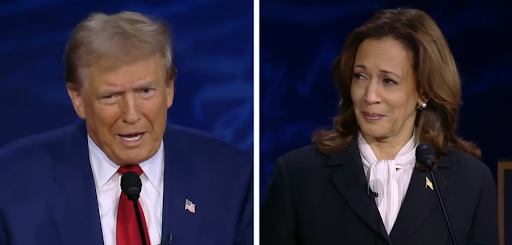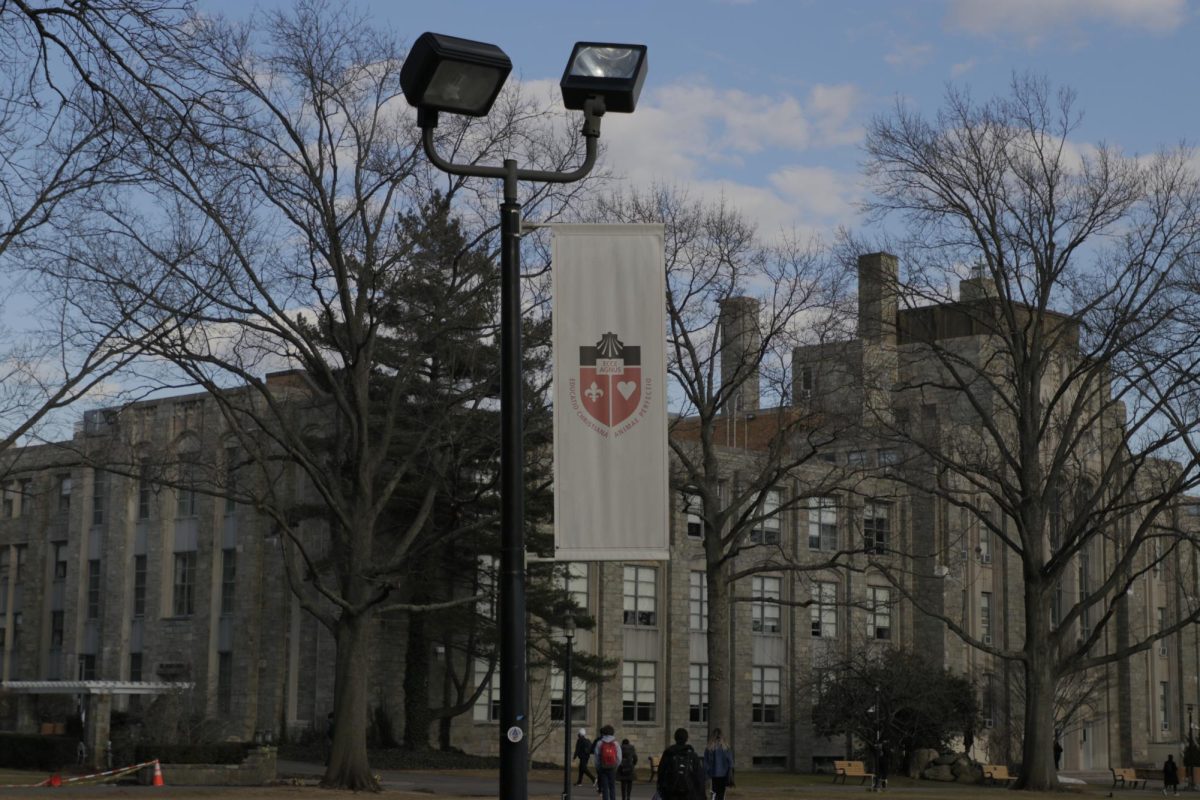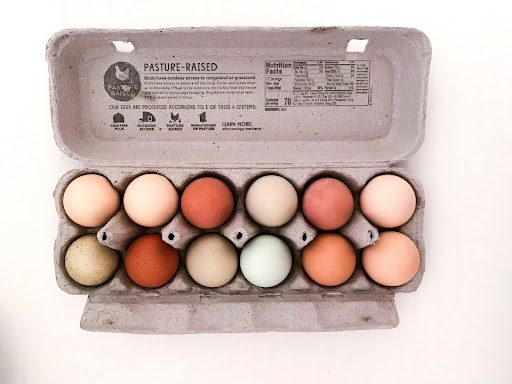
On Sept. 10 former President Donald Trump and Vice President Kamala Harris shared the debate stage in Philadelphia to make their case to the nation on why they should be elected president in November.
In this unprecedented presidential election in which the incumbent, President Joe Biden, dropped his reelection bid, Harris has just a few months to define herself and her campaign. This debate was the perfect opportunity for her to reach Americans and distinguish herself from her former running mate.
A presidential debate is usually defined by who won and five-second sound bites that go viral. According to Reuters, of those who heard anything about the debate, 53% said Harris won, while 24% thought Trump won. However, on Truth Social, Trump’s own social media app, Trump has posted unverified online polls claiming he won by large margins.
The American people were watching. Hopefully, a substantial number of young people, most of which have grown up in one of the most divisive times in United States history, were too. Gen Z is no stranger to partisan politics.
So, where do we go from here?
Focusing on statistics can be helpful. But in an increasingly divided country, major shifts in voting patterns are unlikely. This race is tight and will likely be decided by just a few percentage points in November.
In tight elections, campaigns often focus on reaching untapped groups. One such group is young voters, who could decide this election depending on turnout, making political awareness and participation more crucial than ever.
In a high-stakes election with focus on the increasing influence of Gen Z, knowing where each candidate stands and how outcomes will impact us is essential, as the next president will define our generation’s opportunities and challenges.
As students and citizens, we must diligently do our research on each candidate’s platform and record. Five-second viral videos can highlight key moments, but it is essential to dive deeper into each candidate’s values, policies and character. This is the depth of knowledge that can help us students make truly informed decisions that align with our goals and visions for the future.
Lastly, maintaining a critical approach when consuming any news or media is imperative to the formation of our own ideas. Staying truly informed comes from investigating for ourselves; we each have our own policy positions and values that might differ from news outlets or people on Twitter.
Election day is Nov. 5 and mail-in voting starts in just a few weeks. If you are a resident student or otherwise cannot make it to your local voting place on Election Day, go online with your state’s Board of Elections, sign up to vote if you are not yet registered and request a mail-in ballot. Having an informed opinion and a voting plan is crucial to having our voices heard in this pivotal election.







